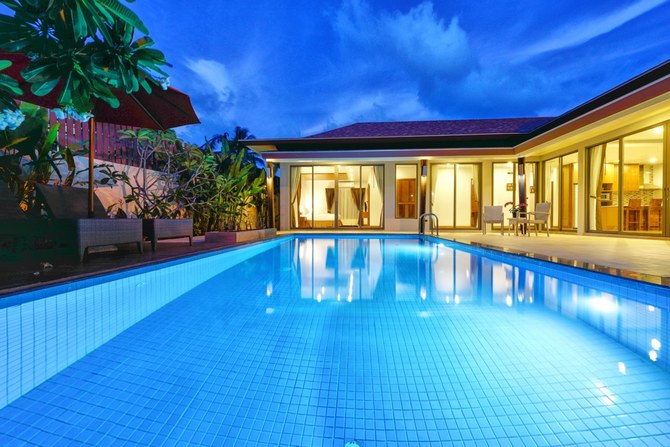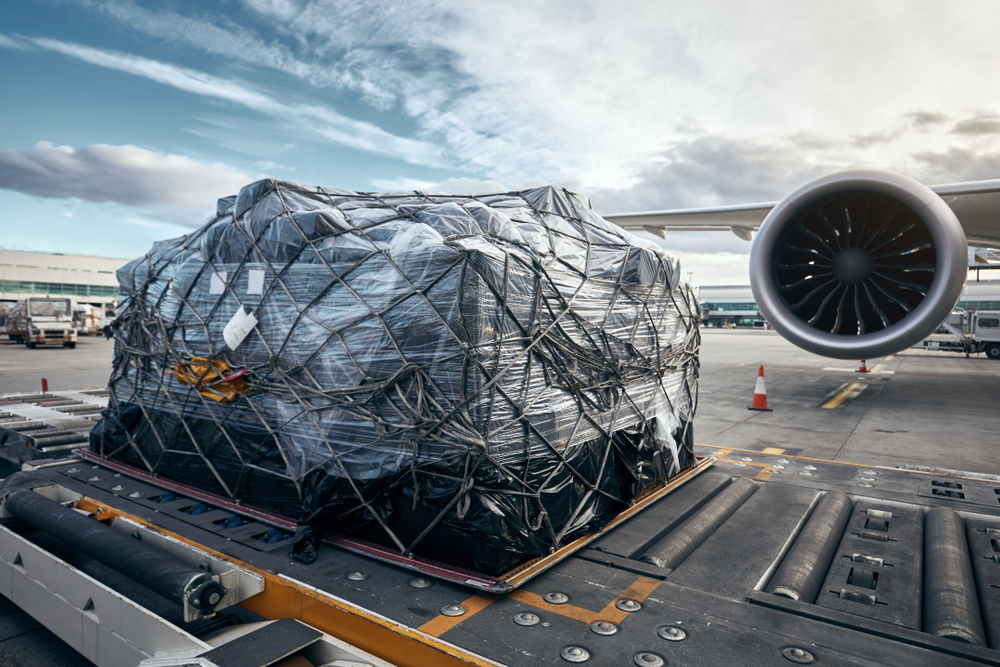RIYADH: Saudi Arabia and the UAE continue to drive the real estate market in the Middle East region, backed by the governments’ initiatives and evolving market dynamics.
While the fear of the negative impact of impending Fed rate hikes looms over the property demand, industry experts are largely upbeat about the future growth prospects of the real estate sector as both countries are continuing with their major economic diversification measures.
The US Federal Reserve is likely to kickstart several rounds of interest rate hikes over the course of 2022 in an effort to ease the inflationary pressure. While this is expected to impact the GCC countries – as their currencies are pegged to the dollar – industry observers expect high oil prices to act as a buffer.
Real estate analysts who spoke to Arab News say they don’t expect the impact to be any significant.
“I expect interest rates to remain reasonable. Even if they increase by 2 or 3 percent, they will also be balanced out by the country’s oil-driven growth,” Abdullah Saoud Al-a, a Riyadh-based architect who heads the ASD architectural firm, tells Arab News.
Another analyst, Shady Elborno, head of Macro Strategy Research at ENBD, echoed similar views.
“Rising interest rates will have some effect but will take some time before they reflect on the market, especially as supply and demand dynamics remain strong,” he points out, in an interview with Arab News.
Driving factors
For both Saudi and the UAE, a number of factors in tune with their local dynamics are driving the real estate market in the respective countries.
“At the residential level, Riyadh is the main hub, with high demand in terms of high-end housing and first-class office space, more specifically in West Riyad,” says Al-Deghaither.
The Kingdom’s residential real estate prices increased by 1.7 percent on an annual basis in the fourth quarter of 2021, GASTAT data shows, attributing it to a 2-percent increase in residential land plots prices.
Whereas, apartment values in Riyadh and Jeddah accelerated by 17 percent and 12 percent, respectively, over the last 12 months alone (as of November 2021), according to Mordor Intelligence.
Al-Deghaither says Riyadh has great growth potential, thanks to its demographics.
“The city, which is home to around 8 million this year, is expected to grow to 15 million in 10 to 15 years,” he underlines.
International firms have also largely been responsible for driving overall demand for commercial space in Saudi. That was driven by the government’s recent mandate asking foreign companies to establish their regional headquarters within the Kingdom by 2024 if they want to be in contention for government contracts. As a result, the Kingdom saw the authorities issuing licenses to 44 international firms to start operations as of October 2021, property consultant JLL stated in its latest report.
“Government and related entities also accounted for a portion of overall demand as they work toward delivering the goals outlined in Vision 2030. In this context, it’s perhaps unsurprising that Riyadh’s office vacancy rate stood at just 3 percent in Q4 2021,” the report added.
Several other factors including the rising demand for land – as the Kingdom is developing many mega projects – are also impacting the property market. This is in addition to the construction of strip malls as well as entertainment and tourism facilities – all of which are among the Vision 2030 goals, underlines Al-Deghaither.
“Mega projects such as Neom, Red Sea Development and Amala are on full blast, and newer master plan projects are being announced especially in the touristic sector,” says Rami Hashem, Director of Property Investment at Maad in Saudi Arabia, which specializes in hospitality development.
As a result of these, he says the real estate sector is now bouncing back, and the projects which were on hold (during the pandemic) are now continuing.
Whereas, in the UAE and most notably Dubai, fresh dynamics are shaping the real estate sector.
“The UAE (property) sector is one of the most dynamic markets in the GCC. If you look at residential apartment prices, they have gone up by 10 percent and villa housing prices have surged by 27 percent,” says Elborno, calling it a “robust performance”.
The stronger gain recorded for the larger units falls in line with tenant migration patterns witnessed post lockdown.
Additionally, industry experts say the lower supply of villas versus apartments in Dubai further supported the performance of that segment year-to-year. However, pricing dynamics in H2 2021 reflected that the trend is beginning to change with higher-priced larger units giving way to gains by smaller units, according to a recent report by Elborno.
Positive outlook
In the longer run, higher interest rates and increased supply are likely to be a headwind to further significant growth in prices from current levels, warns Elborno.
In addition, the commercial property segment faced multiple headwinds at the beginning of the year including a market that is oversupplied.
He points out that office sales prices were almost flat, rising just 0.83 percent year-to-year. The quarterly performance was very mixed, with sales prices declining 8.4 percent and 3.6 percent year-to-year, respectively, in Q1 and Q2, before recovering 4 percent and 12.3 percent year-to-year, respectively, in Q3 and Q4, as the number of COVID-19 cases dropped.
Moving forward, one trend that will continue to pick up in the region is sustainable development as Saudi and the UAE are driving the adoption of newer technologies and green practices in the construction space.
“These are becoming more attractive to buyers, “says Elborno.
For Al-Deghaither, the real estate sector in the Kingdom holds a lot of promise for the years to come. Whereas, Hashem feels mega projects in the North of Saudi will also do well, providing impetus to the property market.
Whereas, in the UAE, housing will remain an attractive proposition for buyers as Dubai continues to strengthen its position as the global hub for business and lifestyle.






























